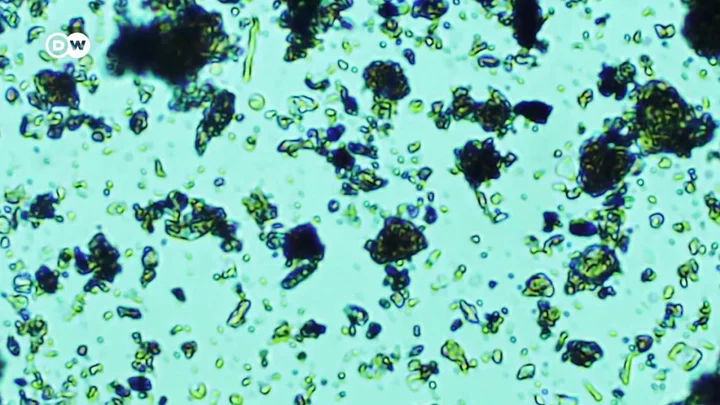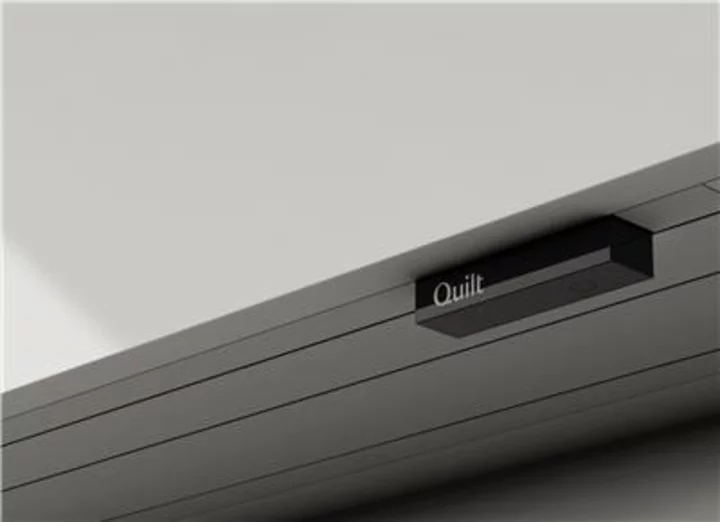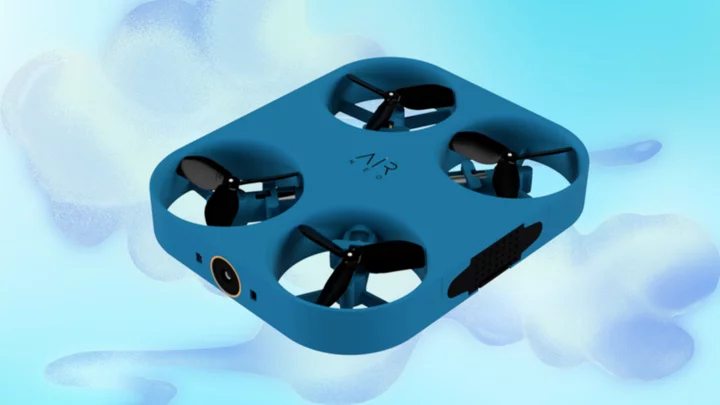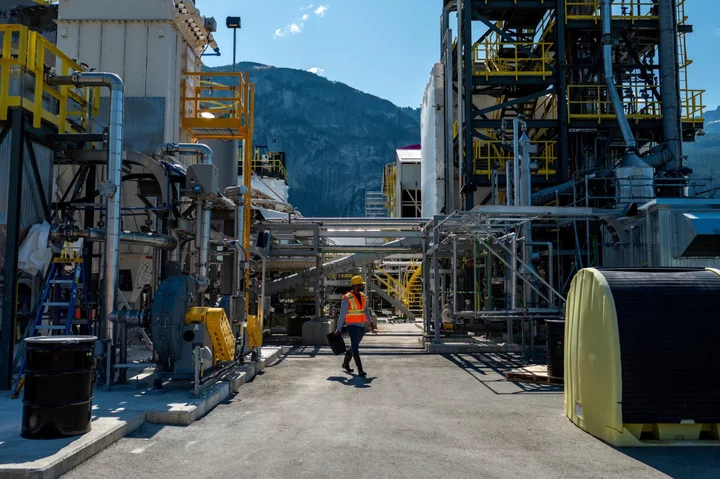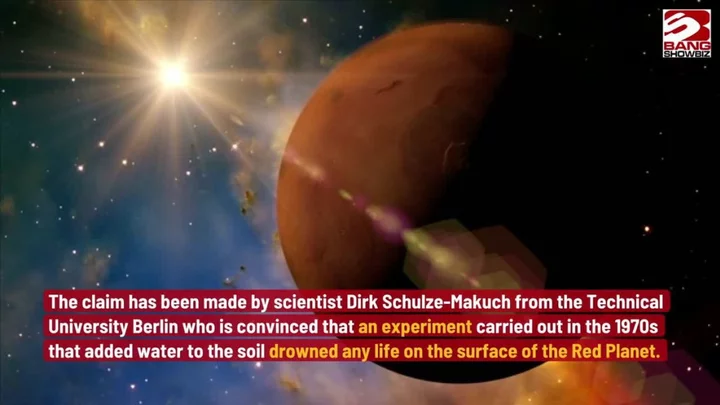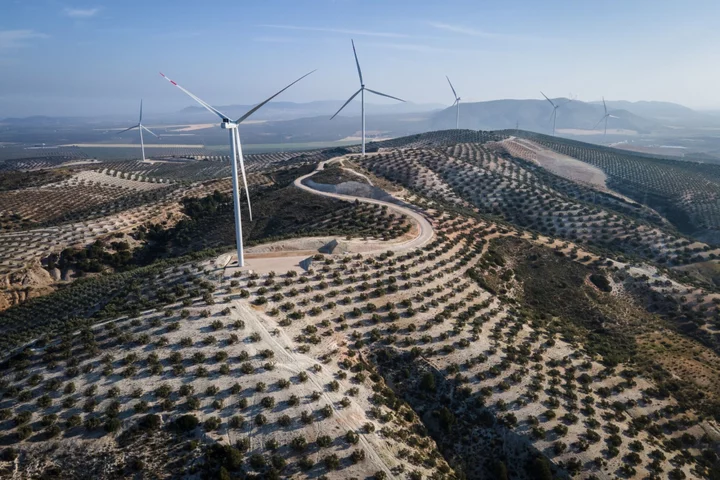A key part of the human body survives even when we pass away, it has been revealed.
Writing in the Conversation, Jennifer DeBruyn, Professor of Environmental Microbiology, University of Tennessee explained that microbes living in your gut which help you digest food, produce essential vitamins and protect you from infection, live on and help recycle dead bodies long after they pass.
She explained: "When you die, your heart stops circulating the blood that has carried oxygen throughout your body. Cells deprived of oxygen start digesting themselves in a process called autolysis.
"Enzymes in those cells – which normally digest carbohydrates, proteins and fats for energy or growth in a controlled way – start to work on the membranes, proteins, DNA and other components that make up the cells.
"The products of this cellular breakdown make excellent food for your symbiotic bacteria, and without your immune system to keep them in check and a steady supply of food from your digestive system, they turn to this new source of nutrition."
The human body is pretty amazing.
It comes after researchers discovered a strange reoccurring mathematical pattern within human cells.
Our bodies are made up of a massive variety of individual cells with countless different functions, from neurons in our nervous system to the oxygen carriers that all work in harmony to keep us alive.
Experts from scientific research institutions in Germany, Canada, Spain, and the US have worked together on a study to determine just how many cells of each type there are in the human body and the results are staggering.
Sign up to our free Indy100 weekly newsletter
Have your say in our news democracy. Click the upvote icon at the top of the page to help raise this article through the indy100 rankings.

